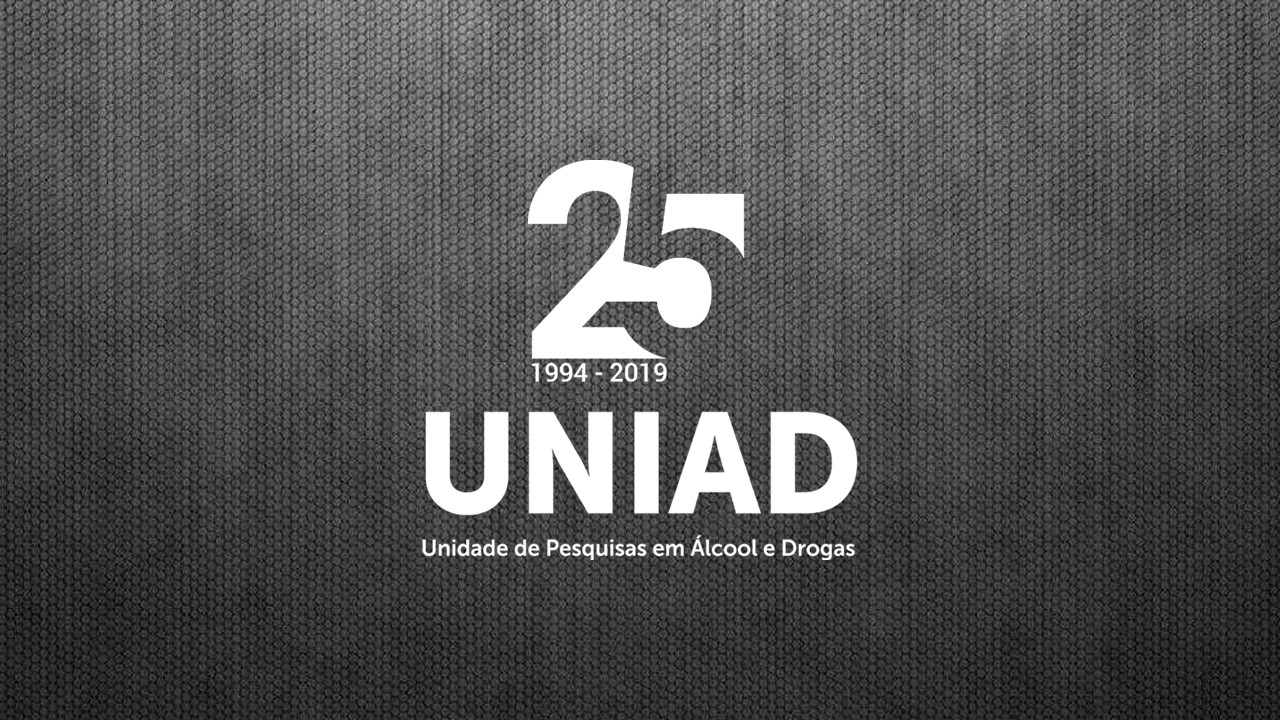The Rise and Fall of Alcohol Excise Taxes in U.S. States, 1933–2018

Objective: Higher alcohol taxation is protective against alcohol-related morbidity and mortality. All states have specific (volume-based) excise taxes for alcohol that decrease if not adjusted for inflation. These taxes have diminished substantially in real terms since their inception after National Prohibition in the United States. The purpose of this study was to examine trends in the magnitude and frequency of changes in state specific excise taxes to document their erosion.
Method: Alcohol excise tax data were examined for all 50 states from 1933 to 2018. Tax data were obtained from the Alcohol Policy Information System, Pacific Institute for Research and Evaluation, Wine Institute, and HeinOnline. Linear and logistic regression analyses were conducted for beer, wine, and distilled spirits taxes to examine trends in the frequency and inflation-adjusted magnitude of changes in taxes from the year of alcohol tax inception.
Results: From 1933 until 1970, beer, wine, and distilled spirits tax rates increased in value compared with inception rates, but by 2018 alcohol taxes had declined 66%, 71%, and 70%, respectively, compared with their inception values. The erosion of taxes after 1970 was driven primarily by declines in the magnitude of tax increases through the 1970s and 1980s, followed by declines in the frequency of tax increases in subsequent decades.
Conclusions: The value of alcohol excise taxes has declined since 1970 from both insufficient tax increases and later infrequent tax increases. Laws that index rates to inflation could sustain the public health benefit of reduced morbidity and mortality resulting from higher alcohol tax rates.
Read the full article: https://www.jsad.com/doi/pdf/10.15288/jsad.2020.81.331

